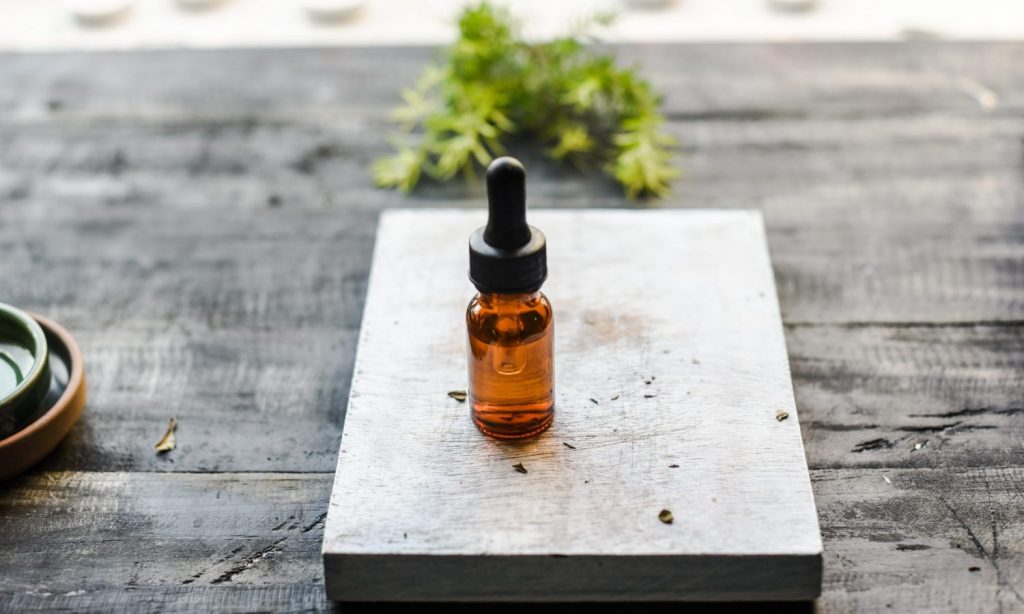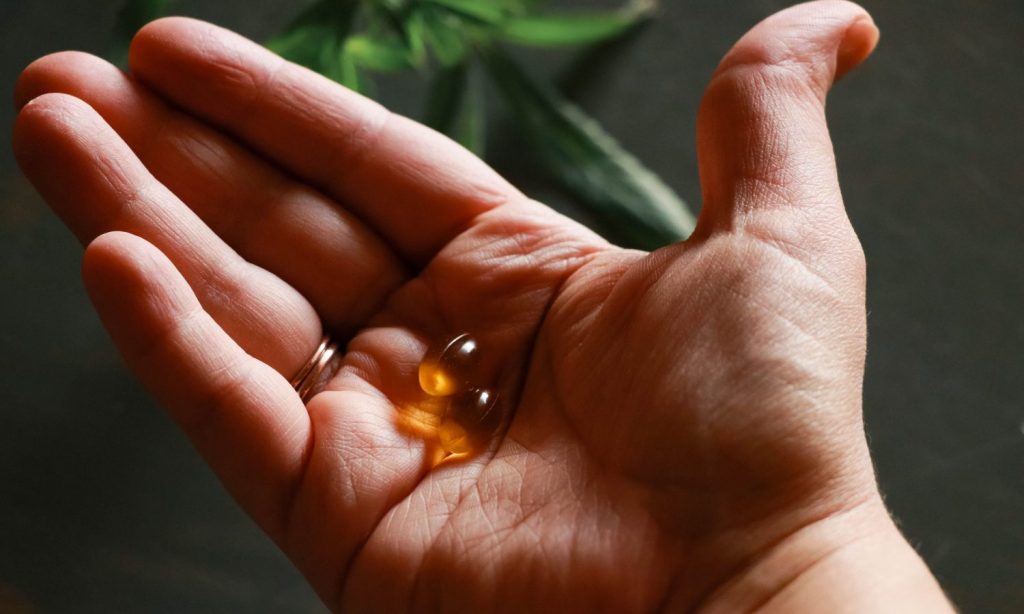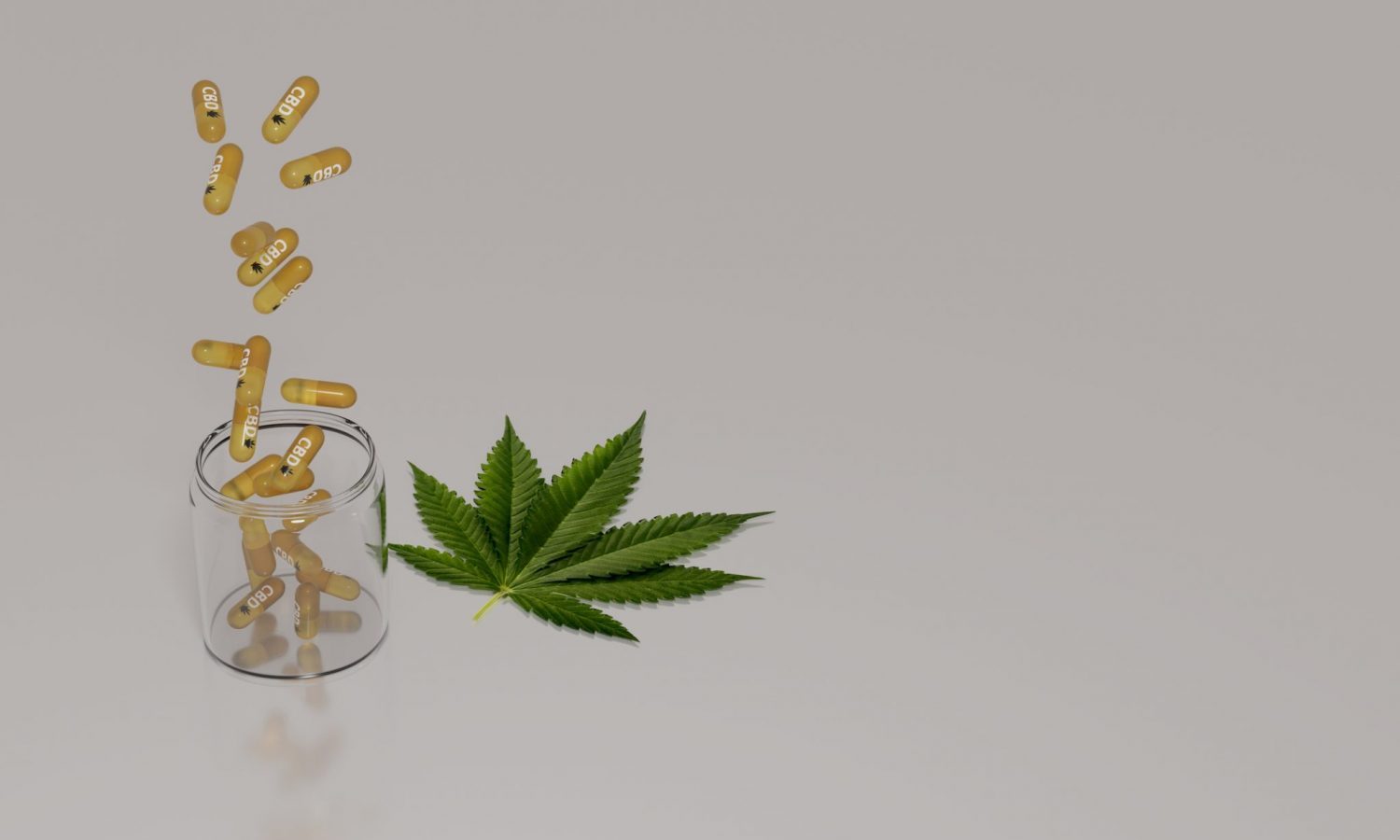The passage of Assembly Bill 45 is significant in that California will no longer be a CBD dinosaur.
Many people ignore — or just don’t want to believe — the fact that, until recently, California was a bit of a villain when it came to the manufacture, distribution, and sale of industrial hemp derived products, namely hemp CBD in food, beverages, dietary supplements, animal products, and cosmetics. However, AB-45 is going to change all of that once Governor Newsom inevitably signs it into law, as it’s now passed the Senate and Assembly.
A brief history about California’s love/hate relationship with hemp CBD is warranted. The California Department of Public Health (CDPH) issued a FAQ on its website in July 2018 taking the position that CBD ingestibles were unlawful, in line with the current position of the Food and Drug Administration (check out our analysis on those FAQs here). California essentially considered products for human and animal consumption to be improperly “adulterated” if they contained hemp CBD.

Over the next few years, CDPH issued 13 notices of violation, 7 voluntary condemnation and destruction regulatory letters, and 9 embargoes — all without ever creating any real regulation. Local departments of public health were also active in enforcement.
RELATED: Will California Really Ban Smokable Hemp?
In 2019, California tried but failed to pass AB-228, which would have legalized CBD. Last year, California tried but failed to pass AB-2827 and AB-2028, which were both targeted to legalize CBD. Finally, in late 2020, AB-45 made its debut.
RELATED: Will California Ever ‘Legalize’ CBD?
Like its predecessor bills, the goal of AB-45 is to “legalize” many different CBD products. AB-45 takes a lot of concepts from AB-228, but adds some things that–while intended to compromise apparently controversial aspects of prior legislative attempts–are sure to upset some people in the industry (like banning all smokable hemp products, including vapes). Here are some of the main highlights of AB-45:
- AB-45 specifically mandates that the DCC regulate to allow for hemp-CBD to come into the state-licensed cannabis supply chain, which includes allowing state-licensed retailers to sell stand-alone hemp-CBD products (which currently they’re not allowed to do, but everyone and their mother seems to be violating this policy hangover from the BCC/CDPH);
- The Department of Food and Agriculture and the CDPH will be the main agencies overseeing the regulation of hemp cultivation and production, distribution, and sale hemp industrial products (rather than the DCC). The CDPH will be in charge of establishing the licensing and registration regimes for industrial hemp manufacturers, distributors, labs, and retailers;
- Manufacturers, distributors, and retailers of hemp products cannot, in any of their advertising, marketing, or even product labeling, include “. . . any health-related statement that is untrue in any particular manner as to the health effects of consuming products containing industrial hemp or cannabinoids, extracts, or derivatives from industrial hemp in violation of this part.” “Health-related statement” means “a statement related to health, and includes a statement of a curative or therapeutic nature that, expressly or impliedly, suggests a relationship between the consumption of industrial hemp or industrial hemp products and health benefits or effects on health”.
-
Industrial hemp cannot be used in dietary supplements or food products unless the manufacturer demonstrates both of the following: (1) All parts of the hemp plant used in dietary supplements or food products come from a state or country that has an established and approved industrial hemp program that inspects or regulates hemp under a food safety program or equivalent criteria to ensure safety for human or animal consumption; and (2) The industrial hemp cultivator or grower is in good standing and in compliance with the governing laws of the state or country of origin.
-
“Hemp manufacturer” means either of the following: (1) A processor extracting cannabinoids from hemp biomass. (2) A processor purchasing industrial hemp raw extract for the purpose of manufacturing a final form product (and final form product means a product to be sold at retail).
- Hemp testing labs cannot have a direct or indirect “interest” in the entity for which testing is being done; cannot have a direct or indirect interest in a facility that cultivates, processes, distributes, dispenses, or sells raw hemp products in this state or in another jurisdiction; and does not have a commercial cannabis license other than as a licensed testing laboratory for cannabis.
-
Industrial hemp products can only be sold if the following conditions are met: (1) they have a certificate of analysis from an independent testing laboratory that confirms both of the following:(a) The industrial hemp raw extract, in its final form, does not exceed THC concentration of an amount determined allowable by the CDPH in regulation, or the mass of the industrial hemp extract used in the final form product does not exceed a THC concentration of 0.3 percent.(b) The industrial hemp product was tested for any hemp derivatives identified on the product label or in associated advertising; and (2) the industrial hemp product was produced from industrial hemp grown in compliance with the 2018 Farm Bill and corresponding California state law regarding hemp cultivation.
- Industrial hemp cannot be infused or put into any of the following products: medical devices, prescription drugs, any product containing nicotine or tobacco, and alcoholic beverages (CDPH is free to expand this list, by the way, and they’re free to impose customer age limitations on purchases of certain industrial hemp products if they think there’s a threat to public health and safety).
-
Manufacture or sale of inhalable products is prohibited unless it’s for the sole purpose of sale in other states. Interestingly, this prohibition becomes “. . . inoperative and is repealed on the effective date of a measure passed by the Legislature that establishes a tax on inhalable products and states the intent of the Legislature to fulfill the requirements of this section.”
- AB-45 contamples and allows for hemp industrial products for pets and also for the import of out of state raw hemp extract.
- There will now be detailed testing requirements for both in-state and out of state raw hemp extract to be used for the production of industrial hemp products before final form products hit retail shelves, so be on the look out for those regulations from CDPH. There will be advertising and marketing requirements, too, some of which are similar to state-licensed commercial cannabis laws and regs already.

The passage of AB-45 is significant in that California will no longer be a CBD dinosaur. Hopefully the FDA takes note and initiates its own rulemaking process to finally address the manufacture, distribution, and sale of hemp CBD products within a federal framework that piggy backs off of the 2018 Farm Bill. The next step for California though is for the CDPH to initiate some rulemaking (probably on an emergency basis) to bring the state’s hemp-CBD program to life. Stay tuned!
Hilary Bricken is a partner at Harris Bricken. This story was originally published on the Canna Law Blog and reposted with permission.


